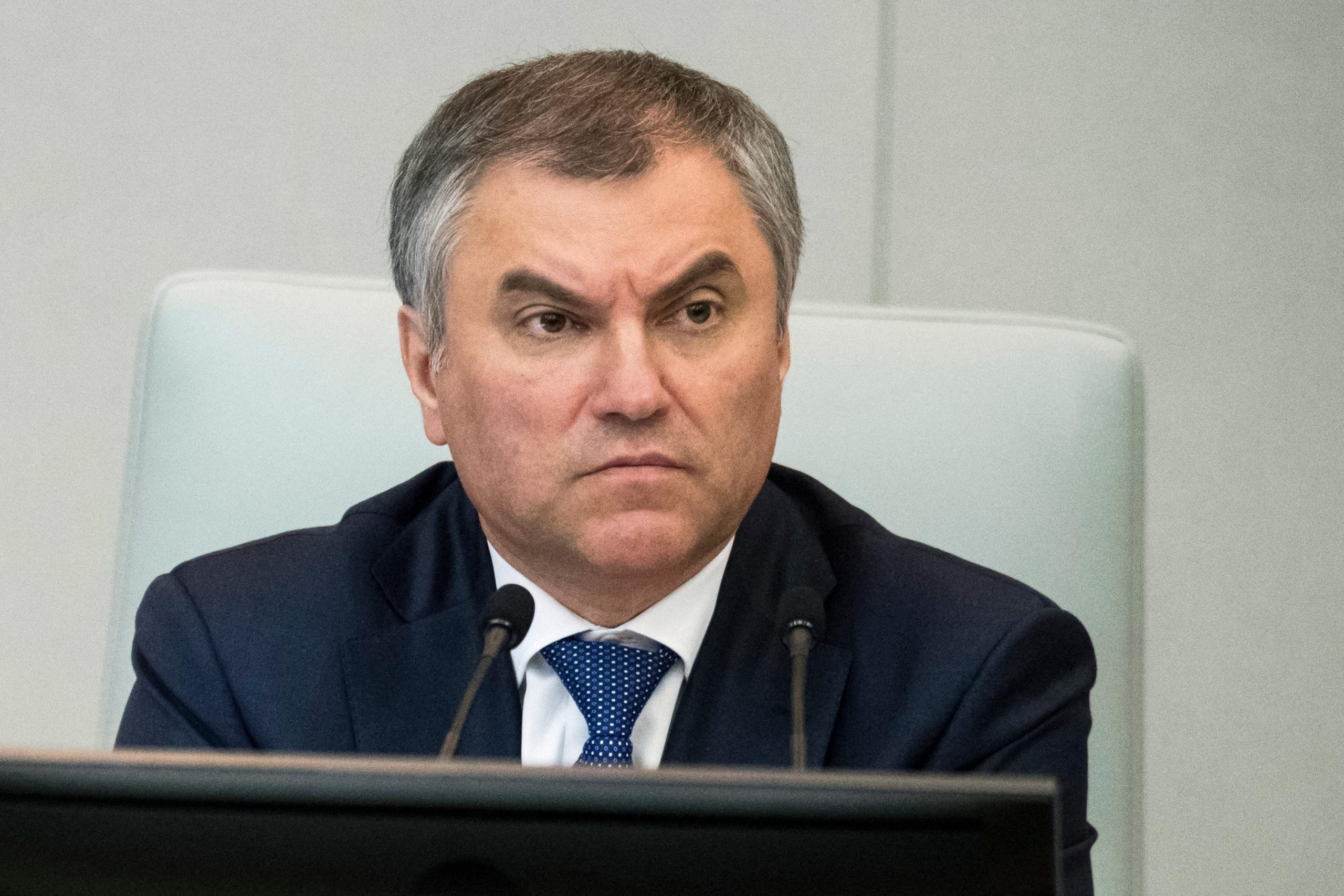Volodin expressed his concerns regarding the United States’ ability to manage its debt, asserting that it is rapidly turning the American dollar into a risky asset.
The Russian statesman, in a passionate manner, condemned the American government’s approach to its national debt, emphasizing the frequent raising of the nation’s debt ceiling, which has occurred over 100 times in recent history.

Taking to his Telegram channel, Volodin drew attention to this issue, stating, “Financial pyramids have a history of failure. However, the U.S. national debt goes beyond the norm. It is a global financial pyramid devised by Washington with the explicit intention of misleading nations and their citizens.”
Volodin argues that the diminishing capacity of the U.S. government to service its debt poses a significant risk, thus labeling the American dollar as a “toxic” currency.
These concerns raised by Volodin align with an increasing trend among nations to explore alternative currencies as a means to mitigate such risks. Official figures indicate that the U.S. debt reached $31.4 trillion in 2023, experiencing a staggering $10 trillion increase in just five years.
The year 2020 witnessed a substantial 19% surge in national debt due to the repercussions of various COVID-19 relief programs.
The rise in national debt inevitably leads to higher interest payments. In this context, Volodin expressed apprehension, stating, “Consider this, in 2023, the total interest payments on the U.S. national debt could reach $1.5 trillion, which amounts to nearly a third of all U.S. budget revenues.”
Given these concerns, Volodin suggested that individual states within the U.S. federation explore alternative currencies, thereby minimizing the financial risks faced by their residents. Presently, 23 states are contemplating legislation that would authorize the use of gold and silver as payment methods.
A noteworthy development occurred in Arkansas, where a law was enacted in April that recognizes gold and silver bullion and coins as legal tender, exempting transactions made with these metals from tax obligations.
Meanwhile, Texas is pursuing a bill that aims to introduce a gold-backed digital currency as legal tender.
This bold critique from Russia underscores the mounting worries surrounding the American fiscal landscape and the potential risks associated with an excessive reliance on the U.S. dollar. As the global discourse on economic stability evolves, all eyes will undoubtedly be on the United States to observe how it responds to these assertions and whether it will implement reforms to its financial and economic systems.




